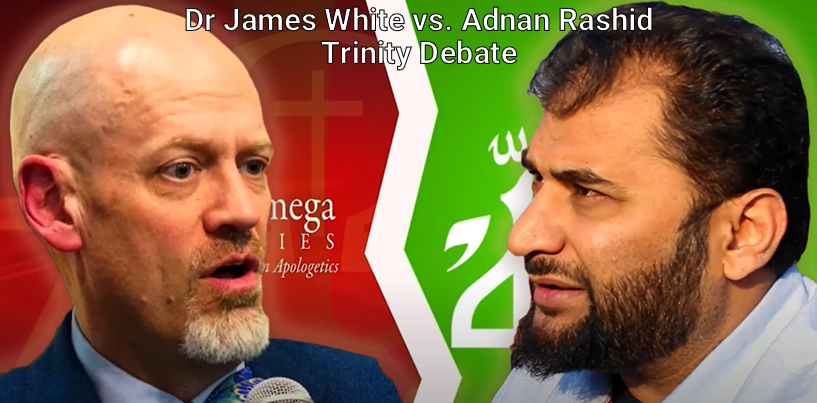Reflections on the Baptist Confession of Faith of 1689. 23 Aug 14 began a perhaps unbroken, orderly, and personal journey through my favorite written confession of faith. This will be my personal reflections on this beloved written codification of the Christian Faith which is according to a Baptist flavor.
NEXT-
Section 10, paragraph 1: “Those whom God hath predestinated unto life, he is pleased in his appointed, and accepted time, effectually to call, by his Word and Spirit, out of that state of sin and death in which they are by nature, to grace and salvation by Jesus Christ; enlightening their minds spiritually and savingly to understand the things of God; taking away their heart of stone, and giving unto them a heart of flesh; renewing their wills, and by his almighty power determining them to that which is good, and effectually drawing them to Jesus Christ; yet so as they come most freely, being made willing by his grace.”
That God has “foreknown” specific people and thus “predestined” them unto salvation is certain. In Romans 8:29a we read, “those whom He foreknew, He also predestined to become conformed to the image of His Son…” The Greek word translated “foreknew” is proginōskō. It simply means he knew them beforehand. From 8:1, Paul is speaking to believers. He’s comprehensive in the passage on the God’s eye view of the grace given to them. Vs. 28 begins with, “And we know that God causes all things to work together for good…” Do we know? How? One way is that we can look back to God’s sweeping plan of redemption he brought to pass through Israel. God slightly unveiled the Gospel on the very day Adam and Eve sinned, the prophets further detailed it, and Jesus fully accomplished it. God caused all things in the past to work together for this great good. Believers today who are full of the Spirit of God should be humbled by the works of God that accomplished their good redemption. They should be bumbled that God foreknew them and brought their salvation to pass.
When it speaks of the “effectual call” here it speaks of that time those believers in view heard and “savingly” believed. God calls us through the message preached. 1 Corinthians 1:21 tells us God chose this method. The history of the church is the communicated Gospel. It is a Spirit-enabled word, the word made alive by the Spirit of God in the minds of believers that effectually turns their hearts of stone into hearts of flesh.
The phrases “enlightening their minds spiritually” or “renewing their wills” sets forth the necessity of regeneration preceding our faith. This is the miracle of salvation. 1 Corinthians 2:14 reads, “But a natural man does not accept the things of the Spirit of God, for they are foolishness to him; and he cannot understand them, because they are spiritually appraised.” A “natural man” is a person not born again. It’s not that a natural man cannot understand the truth claims of the Faith. It’s that he cannot believe them. He’s natural; the Gospel is spiritual. In order to “appraise” the Gospel (NASB) rightly, he must first be spiritual. Cf. 1 Corinthians 12:3. How does that happen? That’s where an effectual calling is required.
This last phrase here is enthralling. “Yet so as they come most freely, being made willing by his grace.” How can a person determined to that which is good ever come freely many ask? The answer is in what regeneration brings. It brings a new heart. It is the gift of that new heart. The gift of spiritual life itself. Of a heart pumping faith. The “renewing of the will” spoken of is literally a fixing of the fallen will that we were born with. Only a broken and enslaved will rebels against God. A fixed will doesn’t. So, when we speak of the necessity of human beings to willingly repent, it’s no play on words. Men must repent, and must do so willingly if they’re ever to follow Jesus. But only spiritual men can do this. We can’t make men spiritual in this fashion. We preach. This miracle is done by God alone. That is, those men and women God has foreknown and in his own time in their lives throughout history has effectually called out of darkness and into the light. They are fixed by him and then follow most willingly. We must understand that justification, while still God’s work, is never done without repentance. The regeneration that precedes it, this effectual calling, is done before any repentance. It leads to repentance. Only spiritual people who’ve rightly appraised the Gospel can repent.
When we confess a salvation truly by grace alone the words given here simply detail that reality.








Leave a Reply